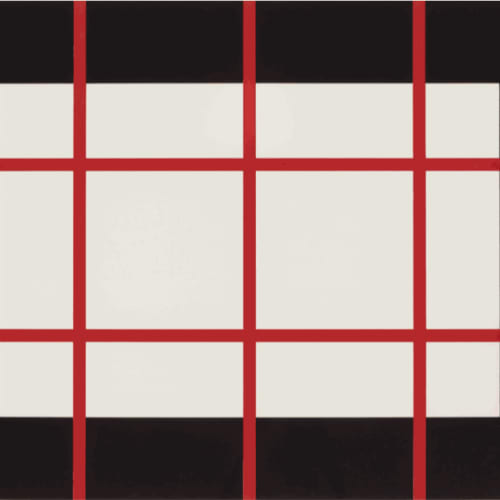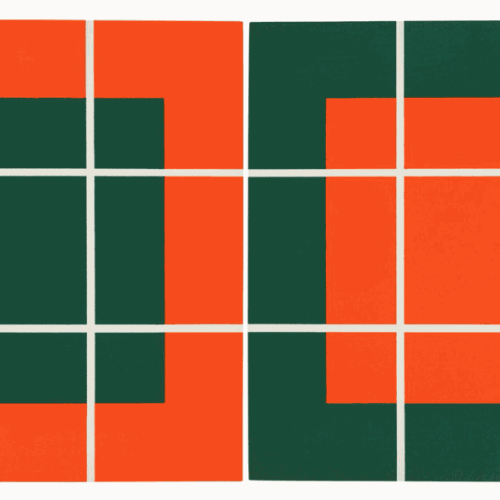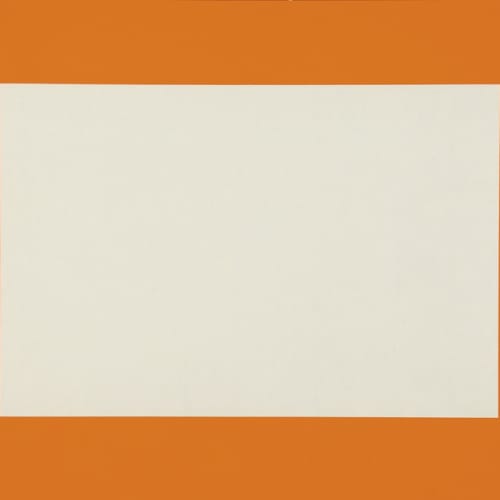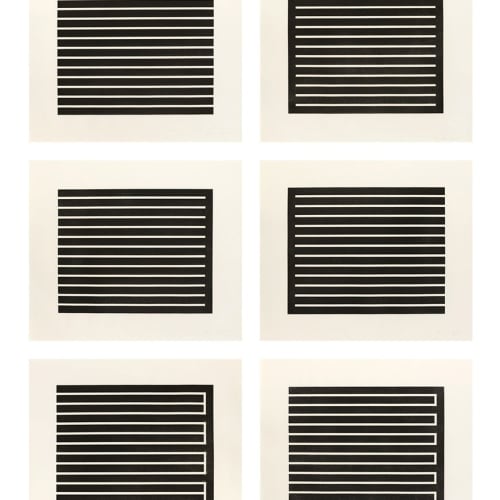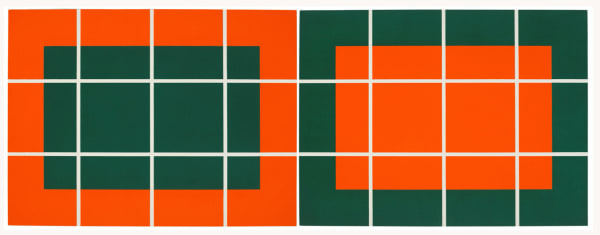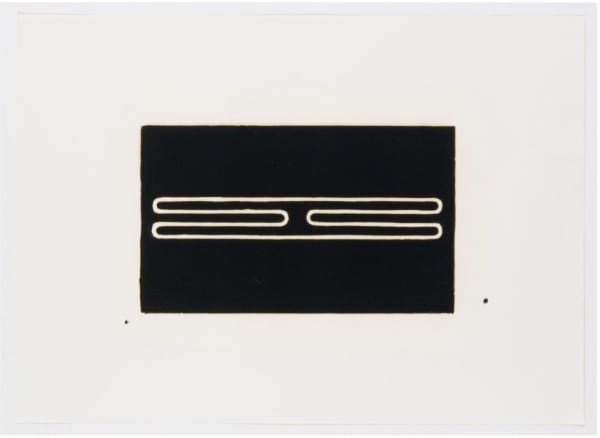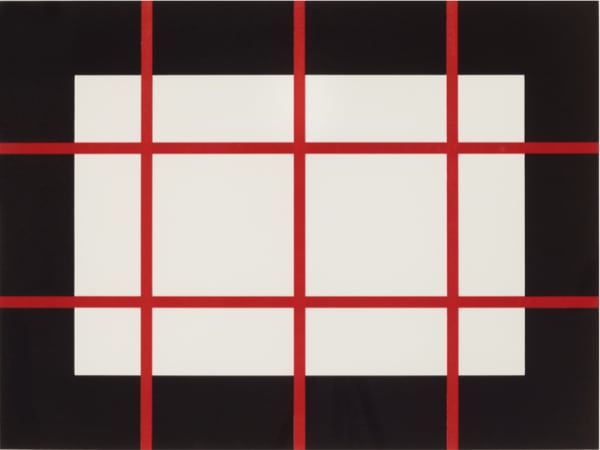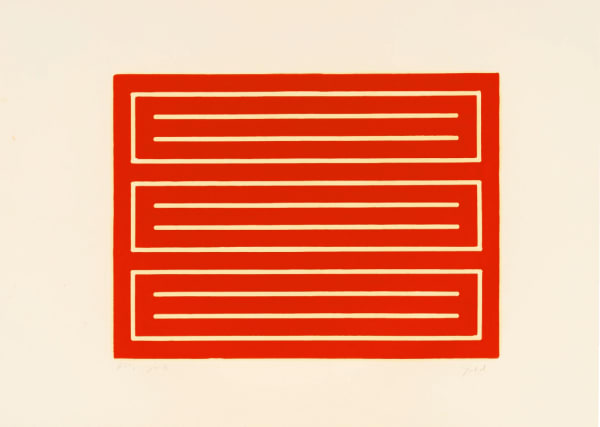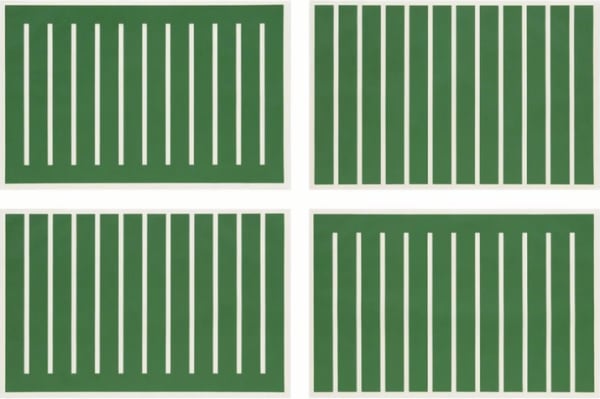Donald Judd, an influential figure in the realm of contemporary art, revolutionized the landscape with his minimalist approach. Born in 1928 in Missouri, Judd's artistic journey led him to challenge conventional notions of art, advocating for a stripped-down aesthetic that emphasized simplicity, geometry, and industrial materials.
At the core of Judd's philosophy was a rejection of excess and ornamentation. He believed in art that existed purely for itself, devoid of any extraneous elements. This ethos led him to explore the use of industrial materials such as steel, aluminum, and Plexiglas in his sculptures, which became emblematic of the Minimalist movement.
Central to Judd's practice was his emphasis on the viewer's experience of space and form. His sculptures, often consisting of geometric shapes arranged in precise configurations, were designed to interact with their surroundings in a way that heightened awareness of spatial relationships. By eliminating narrative or representational elements, Judd invited viewers to engage directly with the physical presence of his works, encouraging a contemplative and immersive experience.
Judd's minimalist ethos extended beyond sculpture to encompass his writings and advocacy for the arts. He was a vocal critic of the commercialization and commodification of art, advocating for greater autonomy and integrity within the artistic process. His essays, including "Specific Objects" (1965), articulated his vision for a new kind of art that prioritized materiality and form over symbolism or expression.
Throughout his career, Judd remained committed to exploring the possibilities of minimalism across various media, including painting, printmaking, and architecture. His woodcuts, characterized by their clean lines and stark compositions, exemplify his minimalist sensibility. By reducing forms to their essential elements, Judd created works that resonate with a sense of clarity and order, inviting viewers to contemplate the fundamental nature of art and perception.
Donald Judd's minimalist approach continues to influence artists and thinkers across disciplines, challenging conventional notions of beauty, meaning, and value. His commitment to simplicity, precision, and integrity serves as a timeless reminder of the power of art to provoke thought, evoke emotion, and transcend boundaries. Through his work, Judd invites us to reconsider our relationship to the world around us and to find beauty in the purity of form.
February 26, 2024
